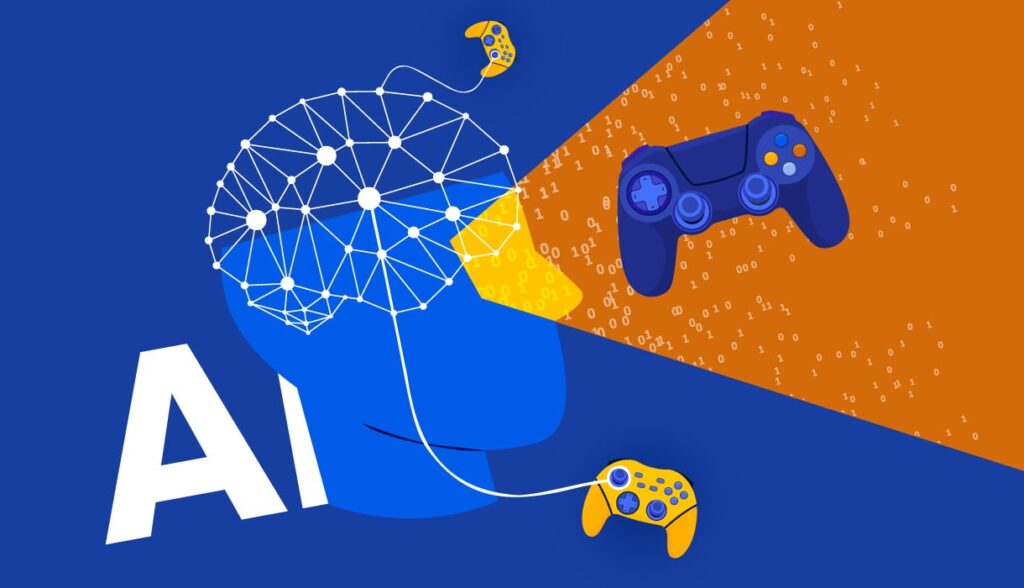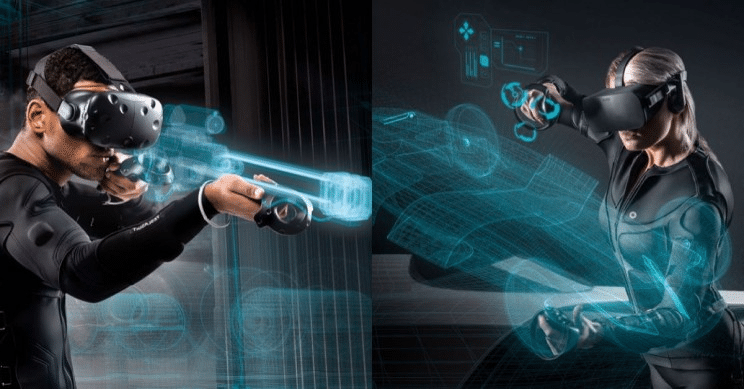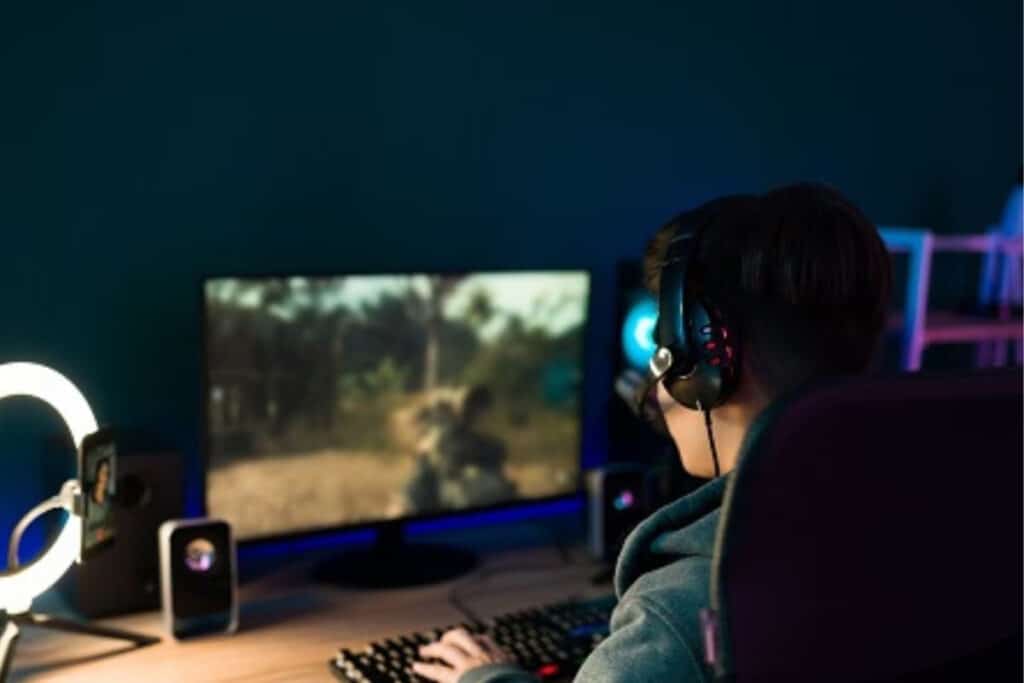Are you curious to discover the modern technologies remaking gaming? AI is a game-changing force in this realm, allowing developers to fashion intelligent NPCs, improve visuals, generate intricate game levels, and more. To get a sense of how AI will further advance the gaming experience, here are some trendsetting possibilities it might bring about soon.
Contents
What is AI in Gaming
With the rise of AI, game developers are scrambling to take advantage of this technology. AI in gaming is a broad idea covering things like perceptive NPCs that act with life-like intelligence and adaptive behavior modeling – as well as facial recognition so your avatar looks more natural than ever before! Machine learning algorithms allow games to gain emergent interaction between elements whilst improving visuals through augmented reality (AR).
As well as these more intricate details, AI also helps developers automate tasks that were once labor-intensive and time-consuming. These include pathfinding (i.e., creating smarter paths for NPCs), texture blending to create realistic textures for objects in game levels – or physics simulations reworking the way an immediate environment looks and reacts around players’ actions. For instance, online slots Canada developers may build in AI to vastly improve the experience with slicker visuals, interactive events, and better real-time bonuses. This all adds up to the enormous potential for ever-evolving gaming experiences.
Top AI Trends in Gaming
As AI continues to get progressively sophisticated, it will introduce some impressive developments in many industries like marketing, shopping or even education. Below, you’ll find seven trends we might see paving the way in gaming:
- Player Behavior Analysis. By analyzing player data, developers can gain insights into how users interact with games. This information can be used to improve the gaming experience, develop targeted marketing campaigns, or offer personalized recommendations.
- NPCs with Improved AI. Computers can generate realistic artificial characters with accurate life-like behavior. AI-powered NPCs will feature the ability to react in human ways to situations they experience, including conversations and decisions that reflect their individual beliefs or emotions.
- Enhanced Visuals Through Deep Learning & Image Recognition Technology. As AI-driven technology continues to evolve, it will enable games to feature graphics that look increasingly lifelike. Deep learning can improve textures and colors while object recognition uses neural networks for items in the game world like furniture or rocks to more accurately mimic reality.
- Automated Level Design. AI can be used to create game levels far too complex for developers. It helps identify problems, offers design recommendations and even sets appropriate paths through the scene. As a result, players enjoy personalized experiences based on their style of gaming or difficulty level preferences.
- Smart Game Difficulty Balancing. An important hallmark of gaming is striking an ideal balance between being too easy or too difficult to play. Using machine learning algorithms, developers can create games with smart balancing that will adjust in real time based on each user’s abilities and playing behavior.
- Realistic Physics Simulation. Utilizing AI, game-makers can construct sophisticated physics engines that closely emulate the actual world. This makes for more precise movements of elements, characters, and settings, resulting in a captivating gaming experience for players.
- Procedural content generation. Gaming developers can use AI to generate enormous, unique game worlds that are nearly limitless with items and quests stemming from predefined assets and laws. This provides players with an even more captivating and repeated experience since each session offers something different; never the same one twice!
All these new technologies are stimulating and could genuinely better the experience for gamers. NPCs that use artificial intelligence will create gameplay much more captivating, while behavior analysis of players can allow molding games to suit personal players’ likes.
Which Benefits Can AI Bring to Gaming?
Of course, all these advancements bring potential upsides. AI can be used to improve the overall gaming experience if properly implemented. For example:
- Saves on costs and time. By automating certain segments, such as asset production, terrain design, or avatar movement creation – game studios profit from a more rapid development process which leads to reduced expenses too. It’s also beneficial because the AI-generated content can be quickly adjusted to meet any game specs, making it a flexible option for developers.
- Makes it easier for the user to play. By adapting the difficulty of games or supplying tailored suggestions based on individual capabilities and inclinations, AI provides users with an experience that appeals to many different gamers. Additionally, voice recognition and natural language processing technology can enhance communication within gaming universes – rendering player interactions smoother than ever before!
- Eliminates the predictability of the game. AI technologies can provide games with more diversity and spontaneity, engrossing players for prolonged durations. Procedural content (like levels or missions) programmed by AI could be generated flexibly in response to user activity – guaranteeing an energized gaming experience that is less mundane and greater taxing.
Conclusion
The advancements in artificial intelligence have the potential to totally reshape gaming as we know it, creating worlds that are sharper, more realistic, and altogether captivating in ways never before imagined. With AI at our disposal now, it’s easier than ever for creators to push boundaries and deliver unforgettable gaming experiences.



